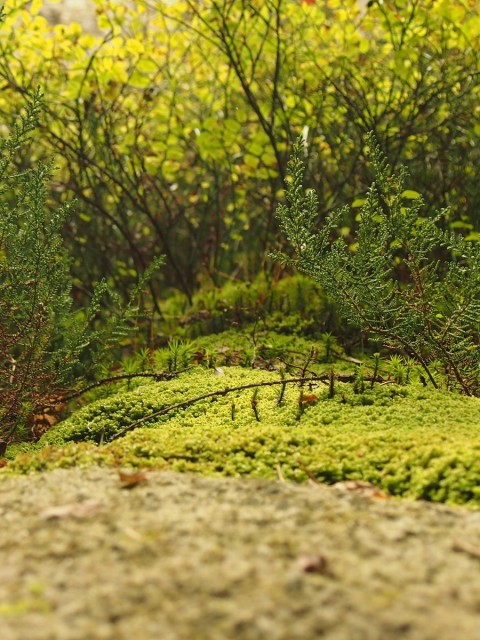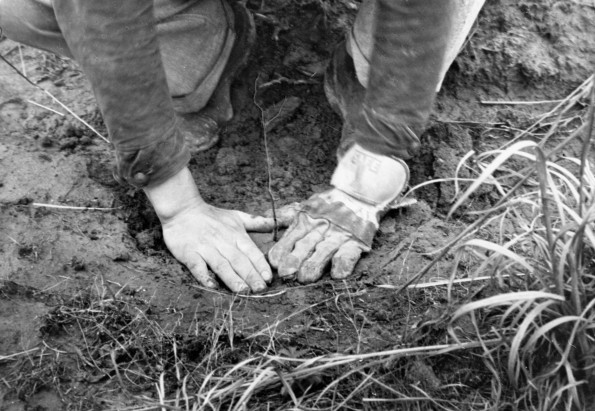Compost Bins and Their Impact on Sustainability
[ad_1]

A compost bin is a container designed to recycle organic matter (carbon compounds formed by living organisms, e.g. garden and food waste) by turning it into compost, which is a mixture of ingredients that improves the condition of soil. Composting has benefits beyond minimizing trash buildup. Its impact is also felt beyond sustainability.

What are the benefits of composting?
Benefits of composting include environmental advantages as well as garden benefits:
– Reduces landfill waste (landfill sites destroy wildlife habitats and produces toxic gases and chemicals which cause air, land, and water pollution)
– Reduces methane and carbon dioxide emission (minimising climate change)
– Reduces fuel emissions (from transporting the waste to landfill)
– Improves soil quality (increases water retention and provides nutrients)
– Saves you buying fertiliser for your plants and trees
– Rids soil of pests and pathogens while attracting worms and insects
– Increases plant growth and overall health
– Saves money (you don’t have to buy fertiliser)
– Composting and gardening improve your mental health by getting you outside in the fresh air and providing a sense of purpose and feeling good about helping the environment!
Can’t I just use a compost heap?
Although compost heaps do still generate compost, compost bins accelerate the process due to the optimum ratio of moisture and aeration, so it occurs much more quickly than if you just throw things on an open-air compost heap. A compost bin often looks nicer and is also less likely to attract rats!
How to choose a compost bin
You can make your own compost bin from wooden pallets if you are so inclined – it should be a minimum of 1m x 1m. If you prefer to buy a compost bin, these range from small and narrow plastic (often recycled) bins to medium stone or ceramic bins to large modular sustainably sourced wooden bins. You can also get insulated hot compost bins (similar in size to a wheelie bin) which accelerate the process and produce a very fine compost. For small-scale disposal of kitchen waste, some people opt for wormeries, where tiger worms breakdown the material.
Where should I put my compost bin?
Basic compost bins should be positioned on level grass or earth in a sunny and well-drained spot whereas insulated hot compost bins can be situated on hard ground.
How to start a compost bin
The best time to start a compost bin is in the spring, but you can start a compost bin at any time of year. Add equal amounts of ‘green’ (soft, nitrogen-rich, material such as grass cuttings) and ‘brown’ (dry, brown, carbon-rich material such as dead leaves) waste. Place branches, twigs, and straw at the bottom to promote air circulation, then dead leaves and grass cuttings, then food waste; you’re aiming to pile the contents about 30 cm high. It is better to have slightly more ‘brown’ matter than ‘green matter’ but not vice versa. If the mix is very dry, you can spritz it with water.
What can go in the compost bin?
The following items can all be composted; cutting bigger items into smaller pieces will increase the speed of decomposition:
– Pruned branches
– Grass cuttings
– Dead leaves
– Old cut flowers
– Tea bags
– Coffee grounds
– Fruit and vegetable peelings
– Compostable shrinkwrap (make sure it’s not the plastic stuff!)
– Straw
– Wood shavings
– Newspaper
– Cardboard
What shouldn’t go in the compost bin?
Although items such as meat and dairy products are fully biodegradable, they are likely to attract pests to your compost bin so it’s advisable not to add them. Items you probably shouldn’t put in your compost bin include:
– Meat scraps
– Dairy products
– Pet excrement/manure (to avoid a stench!)
– Cat litter
– Cooked food (not last night’s takeaway)
– Diseased plants
– Weeds (unless you’ve a thermos-composter as otherwise the roots and seeds survive the composting process)
Maintaining your compost bin
Keep adding to the compost bin at regular intervals and turn with a fork every few weeks. As the decomposition process starts, the contents will generate heat. If the contents seem a little dry, spray with water to keep moist (but never sodden).
How long does it take to make compost?
If you add the right ratio of materials and turn the matter regularly, your first batch of compost should be ready in 4–6 months.
Does a compost bin smell?
A compost bin should have a minor pleasant earthy smell if used correctly. An excessively smelly compost bin can be corrected by adjusting the balance of the contents (increasing the proportion of ‘brown’ source matter, such as bark and twigs).
The post Compost Bins and Their Impact on Sustainability appeared first on The Startup Magazine.
[ad_2]

